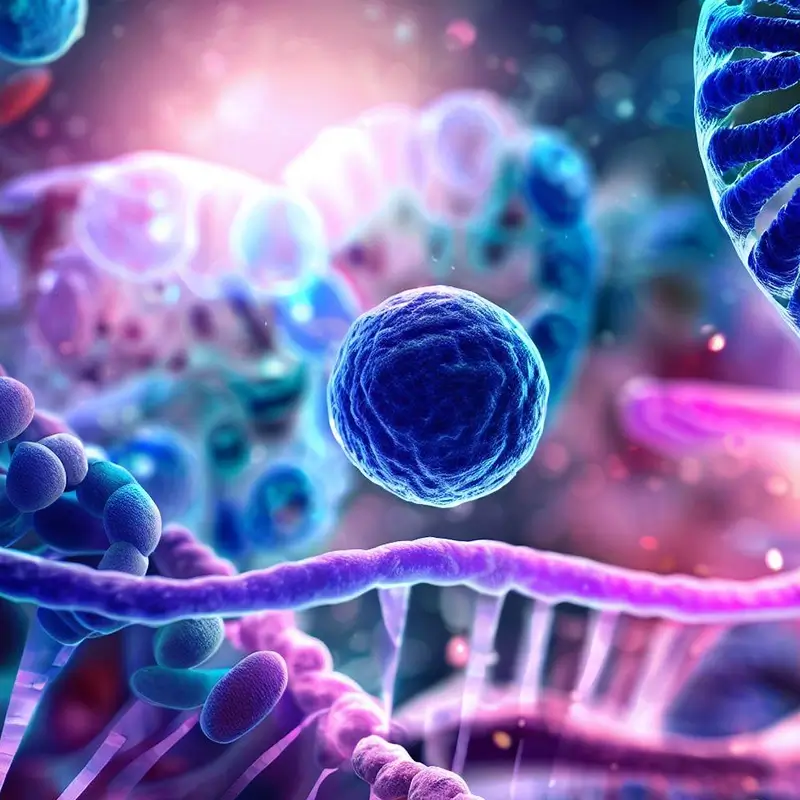Home » Research
The focus of our research is to understand the role of non-coding regulatory genome in human diseases. Major efforts are being made towards understanding how transcription factors bind and control gene expression through gene regulatory elements such as promoters and enhancers in the context of 3D-genome.
Major lines of research:
We utilise dynamic and novel cell fate conversion methods to study the early regulatory events in pancreatic cancer – one of the most lethal cancer types currently lacking clear diagnostic markers and effective treatment options.
By combining our novel approach to multi-layered omics data from next-generation sequencing-based methods, we can study how lineage-specific transcription factors collaborate with oncogenes to orchestrate early events of tumorigenesis at single-cell resolution.


Non-coding genome is a vast resource of regulatory elements utilized by transcription factors to orchestrate cell type- and context-specific gene expression. Cancer cells can hijack and repurpose these elements for activating tumorigenic signaling pathways.
Our goal is to understand enhancer reprogramming and malfunction using a plethora of functional genomics methods in several cancer types originating from cells of endodermal lineage namely pancreatic, colorectal and prostate cancers.
In this translational project, we are studying the role of defined lineage-specific transcription factors and epigenome reprogramming during prostate cancer progression using hospital biobank samples.
Endometriosis is a severe disease affecting 1 out of 10 women currently lacking any defined treatment. Understanding the molecular mechanisms is highly pertinent and critical for better diagnosis and treatment of this disease. We aim to delineate the molecular determinants of the disease and factors controlling the epigenetic state.


Precision targeting of malfunctioning gene regulatory elements in human cancer and other enhanceropathies.
About us
Site info